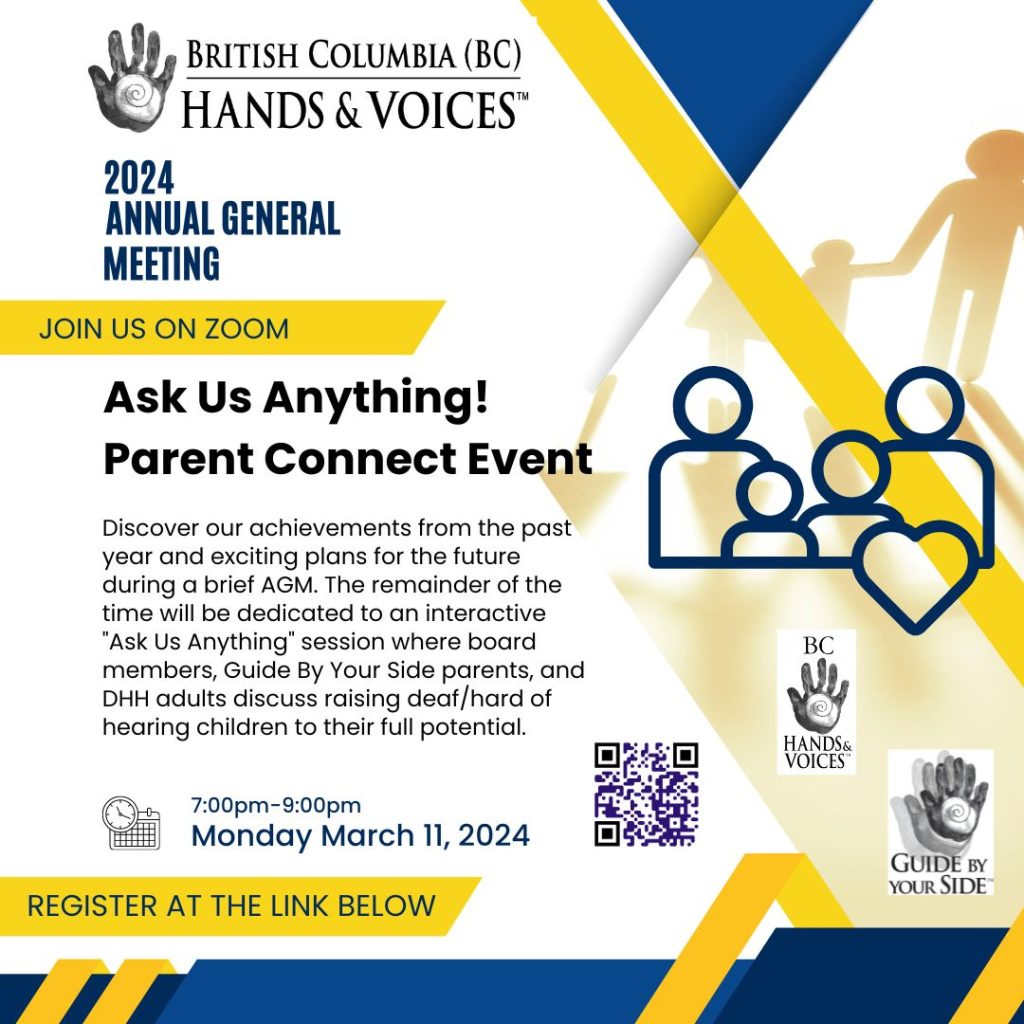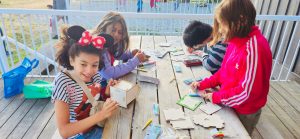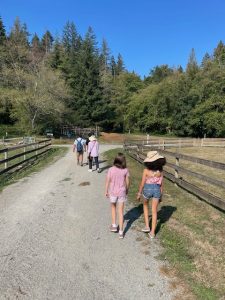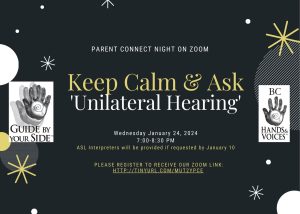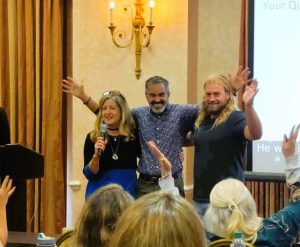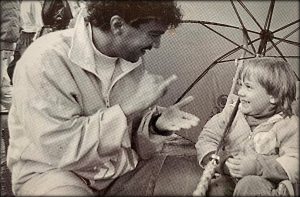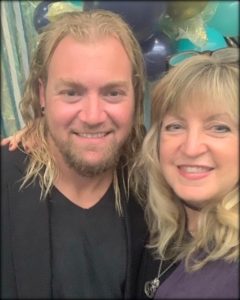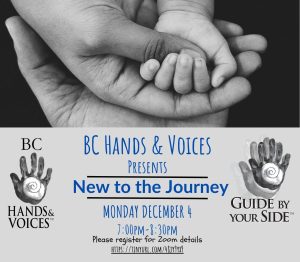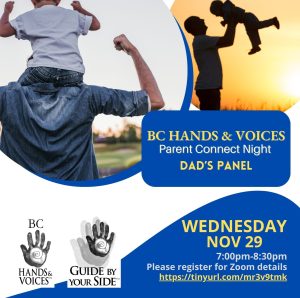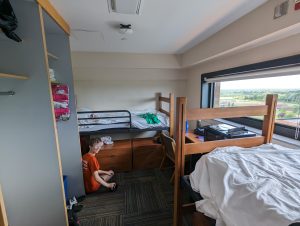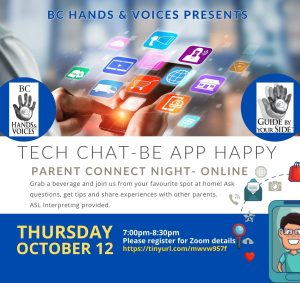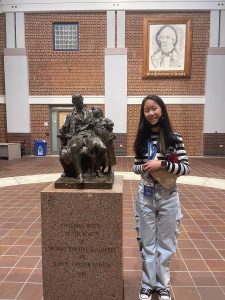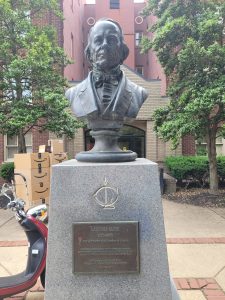By Kim Shauer
I had the opportunity to attend a presentation by Dr. Rashaun Davis at the recent Hands & Voices conference. Among his many credentials Rashaun is a very involved father to a daughter who is deaf/hard of hearing. He spoke about how many dads today are engaged, interested and more present than ever before. But he noticed there were not a lot of African American parents and very few fathers who were involved in the development of their deaf and hard of hearing children. He acknowledged that modern-day fathers come in various forms (single, married, gay, straight, adoptive or step-parent) and are more than capable caregivers. He suggested we need more of them onboard because (for those families which include fathers), these fathers can play an important role in the development and well being of their deaf and hard of hearing children.
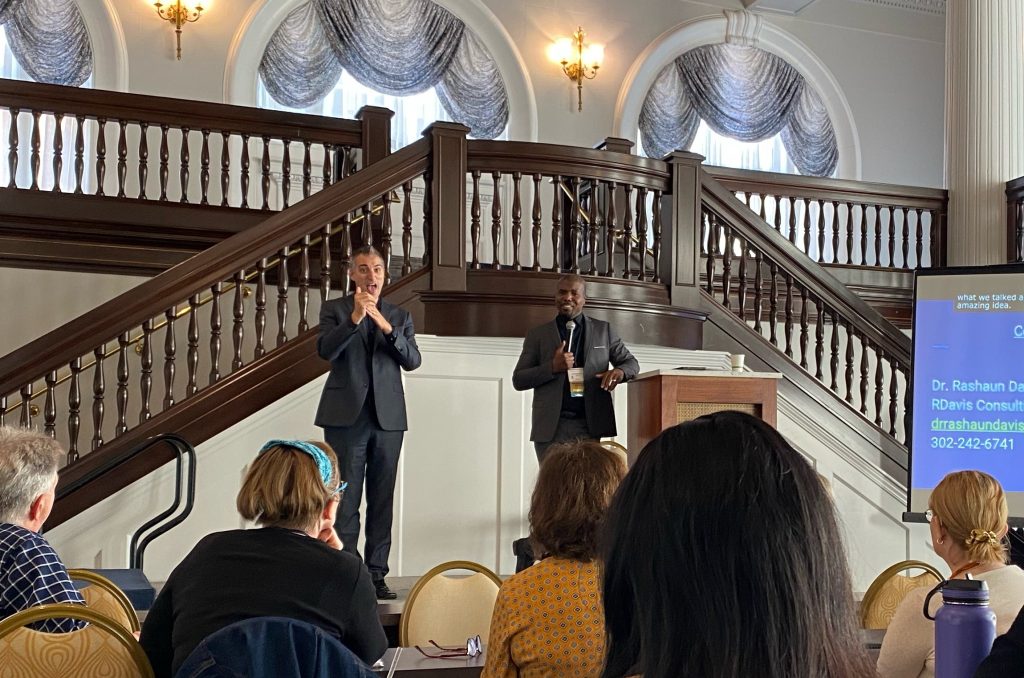 A comment that has stayed with me is that there are Rashauns in all our communities, and we don’t know the impact they will have until we include them at the table and provide connection opportunities that support the involvement of fathers.
A comment that has stayed with me is that there are Rashauns in all our communities, and we don’t know the impact they will have until we include them at the table and provide connection opportunities that support the involvement of fathers.
Here are some of the benefits of fathers being actively engaged in the lives of their deaf and hard of hearing babies and children, with an emphasis on the role of specialized services to empower fathers and their children to reach their full potential.
Strong Relationships
Fathers who actively engage with their deaf or hard of hearing children forge stronger emotional bonds. Establishing a foundation of trust, love, and communication is essential for a child’s overall development and fathers who create this environment early offer children a secure feeling of support.
Language and Communication Skills
Fathers who are committed to contributing to the language acquisition and communication skills of their children, whether it is learning and using sign language or other communication modalities, not only aid the child in developing language skills but also foster a sense of inclusion and understanding within the entire family.
Positive Social Development
Fathers are encouraged to engage in social interactions by participating in activities, and providing exposure to diverse environments to help children build confidence and navigate social situations. Fathers serve as role models, demonstrating resilience, coping skills and adaptability in various social settings promoting positive social development in their children.
Educational Support and Advocacy
Fathers actively involved in their child’s education positively impact academic success. They play a crucial role in advocating for their child’s needs within the educational system, ensuring access to appropriate resources and support services. Collaborating with teachers, administrators, and specialists, parent involvement contributes to a more inclusive and supportive learning environment.
Services & Events for Fathers
Recognizing the importance of fathers’ involvement, we want to encourage the many organizations which offer specialized services to support dads in their journey, through opportunities such as parenting workshops, sign language classes and peer support groups where fathers can share experiences, challenges, and successes to help foster a sense of community and understanding. Early intervention programs have offered a variety of these opportunities through the years, so it’s important to let service providers know what works for your family.
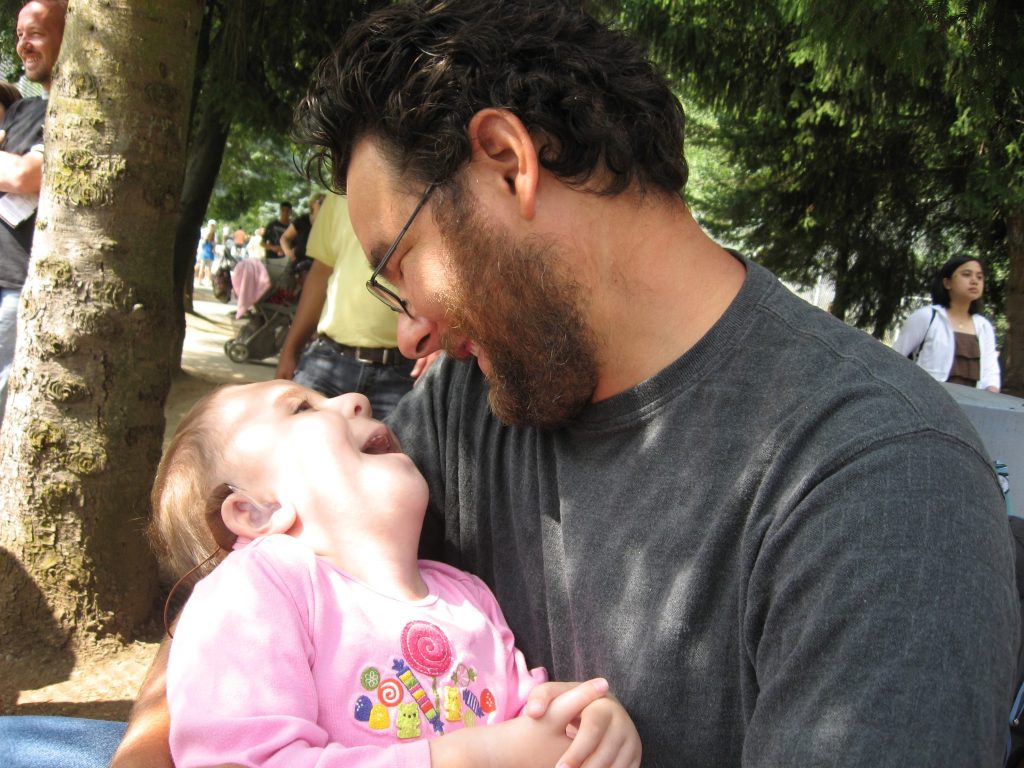
For example, BC Hands & Voices recently offered a “Dad’s Panel” event on Zoom where fathers from around the province shared their experiences on a variety of topics including their reactions to learning about their baby’s hearing difference, the support they received from other parents and the Deaf community and needing to make themselves vulnerable in order to connect with other dads. It was interesting to learn how they received support, and some of the fathers openly discussed working on their own mental health (which sometimes involved unlearning the way they were brought up such as keeping their feelings inside). If you are not sure how to start a conversation with another dad, just start by asking about their kids or what they like to do together. It was clear all the fathers loved sharing about their fantastic kids and how far they have come since the early days of the unknown!
The impact of fathers in the lives of deaf and hard of hearing children is immeasurable. From emotional bonds and language development to academic success and emotional resilience, fathers play a vital role in shaping their child’s future. Access to specialized services further empowers fathers to navigate the unique challenges that may arise. As we celebrate the importance of fathers, we will continue to champion initiatives that support fathers in creating a world where their deaf and hard of hearing children can reach their full potential. Through love, understanding, and engagement, fathers are key in helping to build the bright futures of their children.
References: The Intersection of Fatherhood and Culture presentation, Dr. Rashun Davis, Professor, Delaware State University, Hands & Voices board member
“Fathering a Deaf/Hard of Hearing Child” – Resource Developed in 2022 by the Early Hearing Detection & Intervention Parent to Parent Committee – https://handsandvoices.org/virtual-waiting-room/docs/P2P_DadsChecklist.pdf

